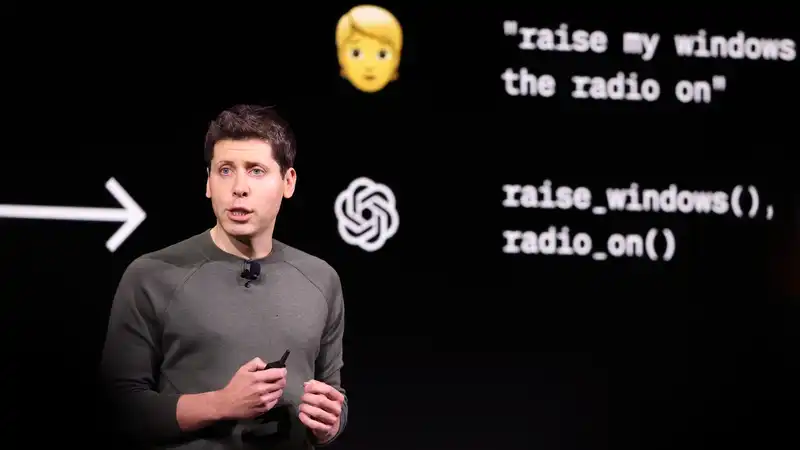Currently in prototype form, SearchGPT begins with a large text box that asks, “What are you looking for?” Unlike Google's search, OpenAI's engine does not simply return pages of links Instead, the tool attempts to organize the information and provide a summary
In the example provided in the OpenAI presentation, SearchGPT summarizes a query about music festivals and generates short descriptions of the various festivals and attribute links Other related links are also displayed in the sidebar and can be accessed for more detailed information
Another example is tomato planting This search explains when to plant and categorizes tomato varieties Follow-up queries can be placed in the search bar that appears at the bottom of the page
The new tool is powered by the GPT-4 family of AI models, and OpenAI says its goal is to eventually “integrate the best of these features directly into ChatGPT in the future”
Between Perplexity and OpenAI, Google has some competition in the search space Google is clearly feeling the pressure as it has been pushing AI into its search results for the past few months
It hasn't gone well Google unveiled AI Overview at its annual I/O event in May, but the summarization tool caused a major backlash because it provided dangerous and factually incorrect information However, Google has been testing generative AI in search for some time
Despite the unsuccessful launch of AI Overview and Google's continued retreat, AI is not completely gone But will the OpenAI announcement cause Google to rush to develop new or updated AI search tools? In particular, CNBC reports that Google's parent company, Alphabet, has already seen its stock price fall as a result of this announcement
Meanwhile, Perplexity has been plagiarizing and making up content, according to a Wired investigation, and Forbes is threatening the AI company with legal action
OpenAI is aware of its competitors' struggles and appears to be taking them into account The blog post announcement highlights SearchGPT's work with publishers like The Atlantic and News Corp
“SearchGPT is designed to help users connect with publishers by prominently citing and linking to them in searches,” the post claims “Responses have clear, inline, named attribution and links so users know where the information came from and can quickly engage with more results in the sidebar with source links”
Apparently, publishers like The Wall Street Journal and the Associated Press can decide how their work will appear on the service; OpenAI has argued that SearchGPT is a generative AI model like ChatGPT's They claim that it is separate from training
These moves seem designed not only to release a prototype, but also to avoid the controversial blunders that OpenAI has made with Google and Perplexity
OpenAI working on a search engine is not news Since at least February, we have heard rumors of a ChatGPT-powered search engine; before Google's I/O event, it was believed that OpenAI would drop a new search engine It turned out to be a powerful GPT-4o model, but not without controversy
However, OpenAI's costs are rising; The Information reported that the company could lose $4 billion just renting Microsoft's servers to run ChatGPT
Perhaps because of this, OpenAI has formed partnerships with manufacturers like Apple as well as publishers
SearchGPT is being tested with about 10,000 users, but those interested in trying the OpenAI version of the search engine can sign up for a waiting list










Comments